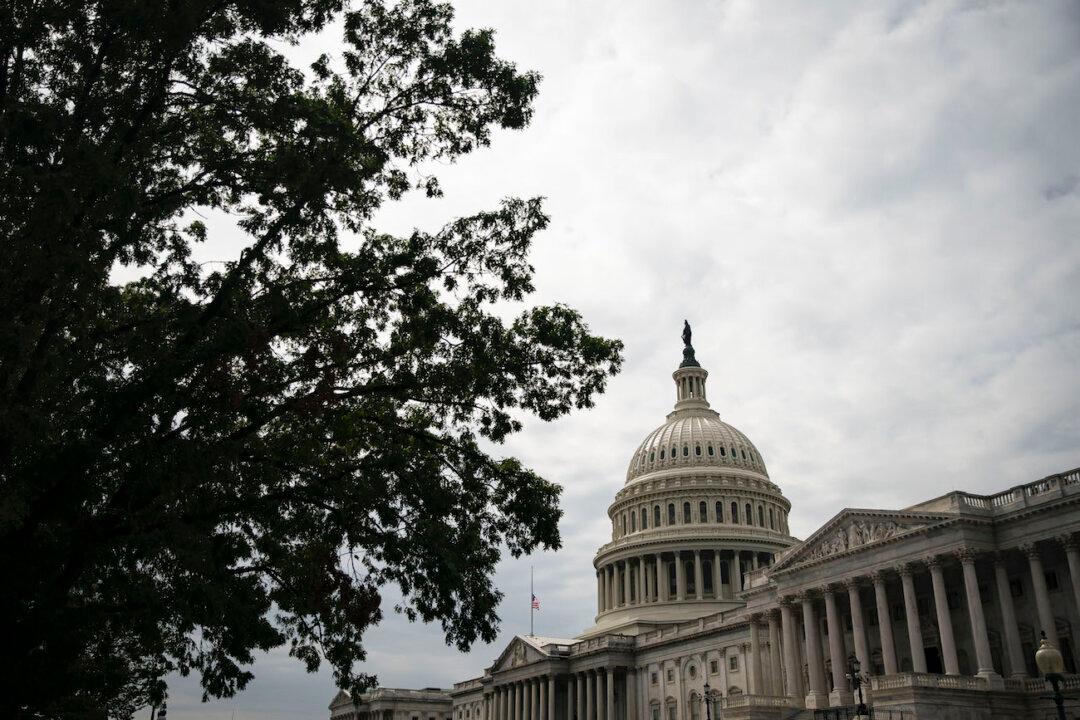The U.S. Senate voted to advance a short-term spending bill on Tuesday to extend funding to the government through Dec. 11. The final passage of the bill is expected before the new budget year starts on Thursday.
The Senate voted 82-6 to advance the bill. The six no votes were cast by Republicans.




